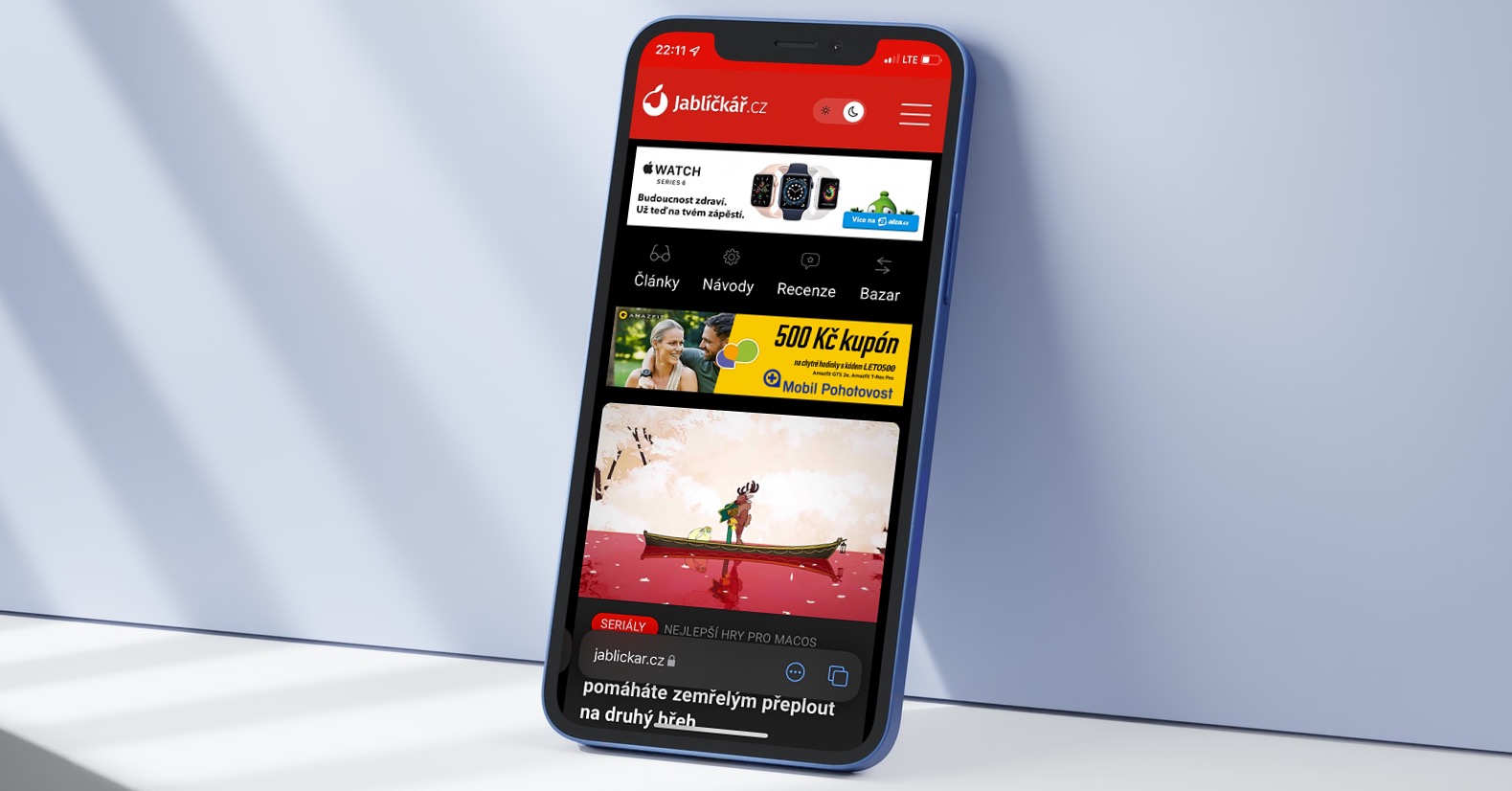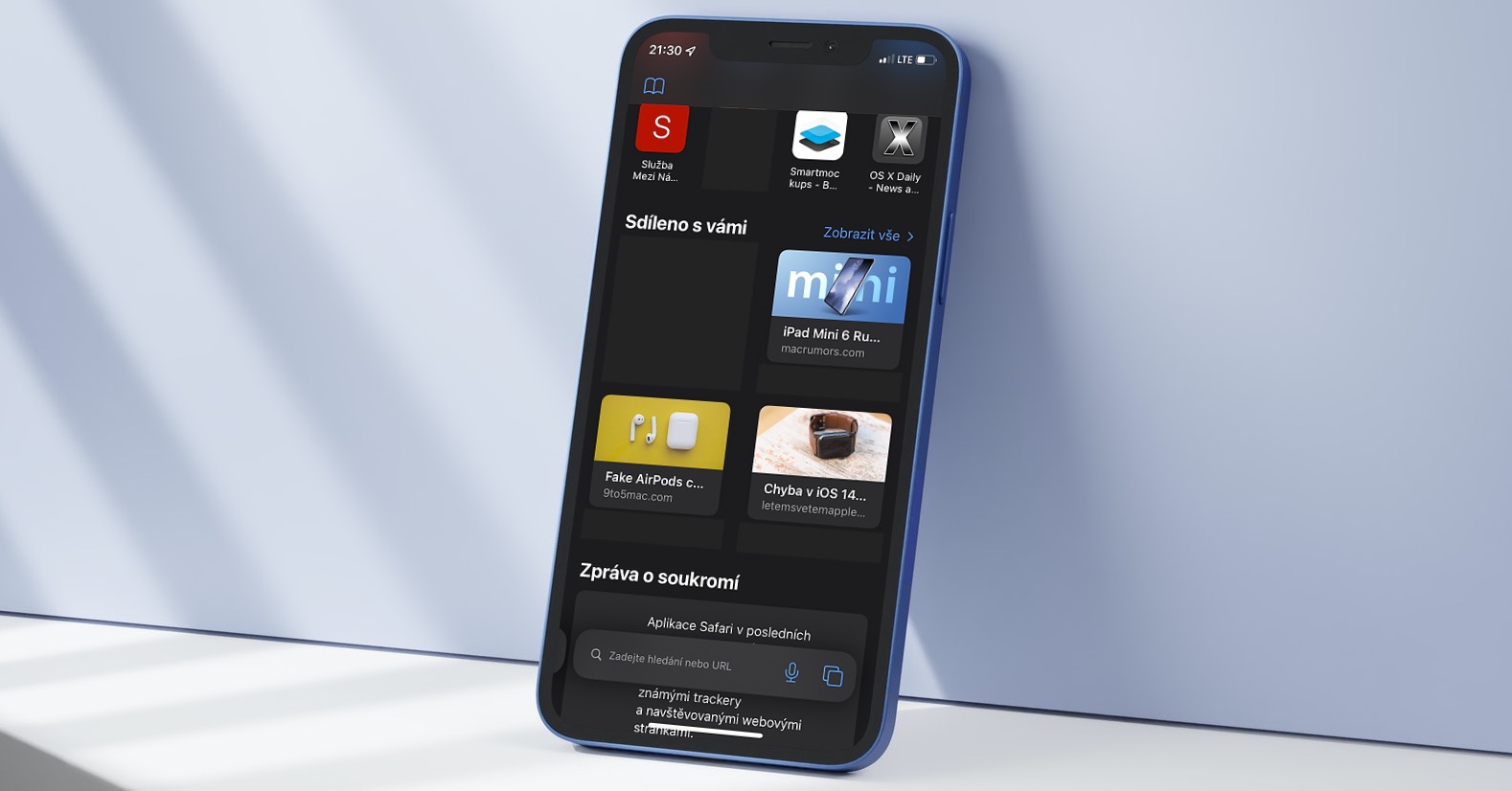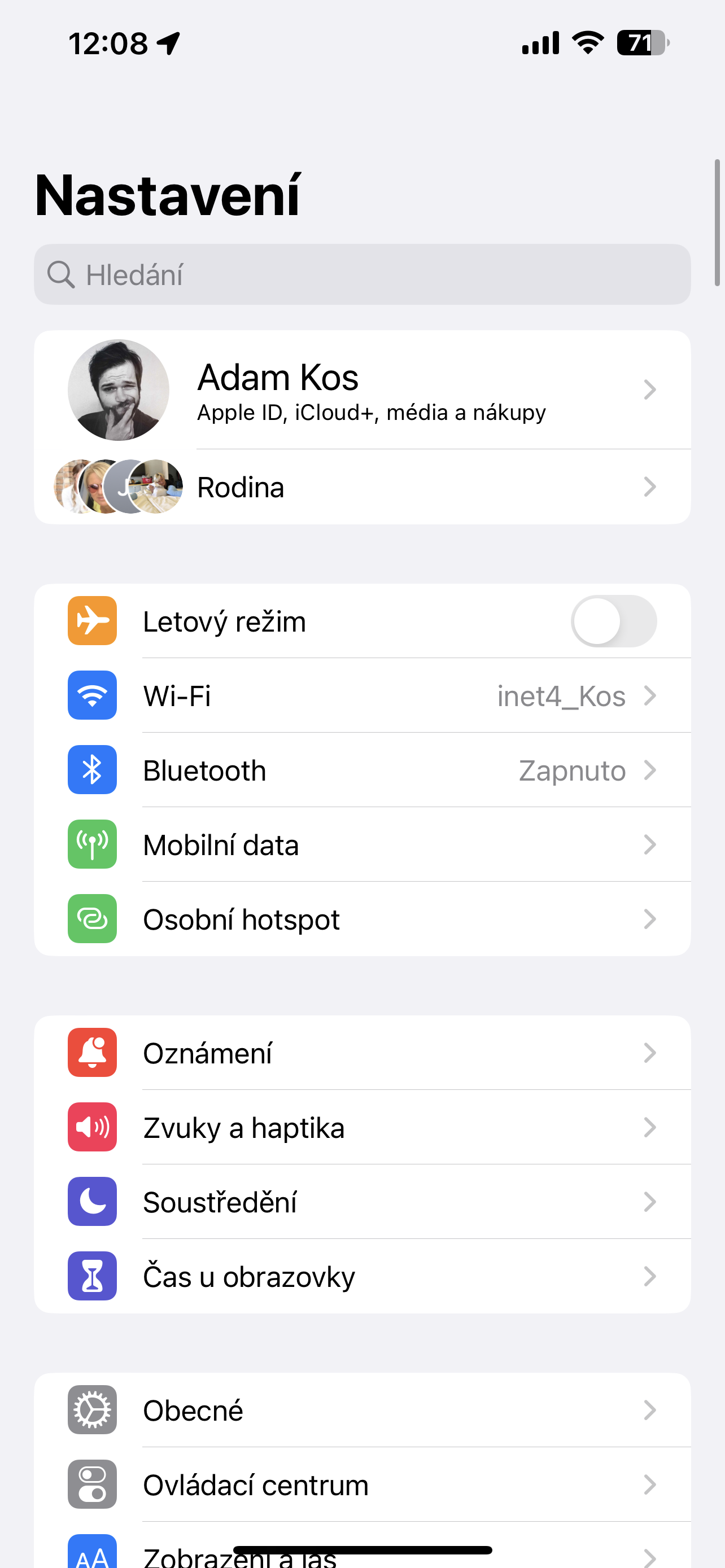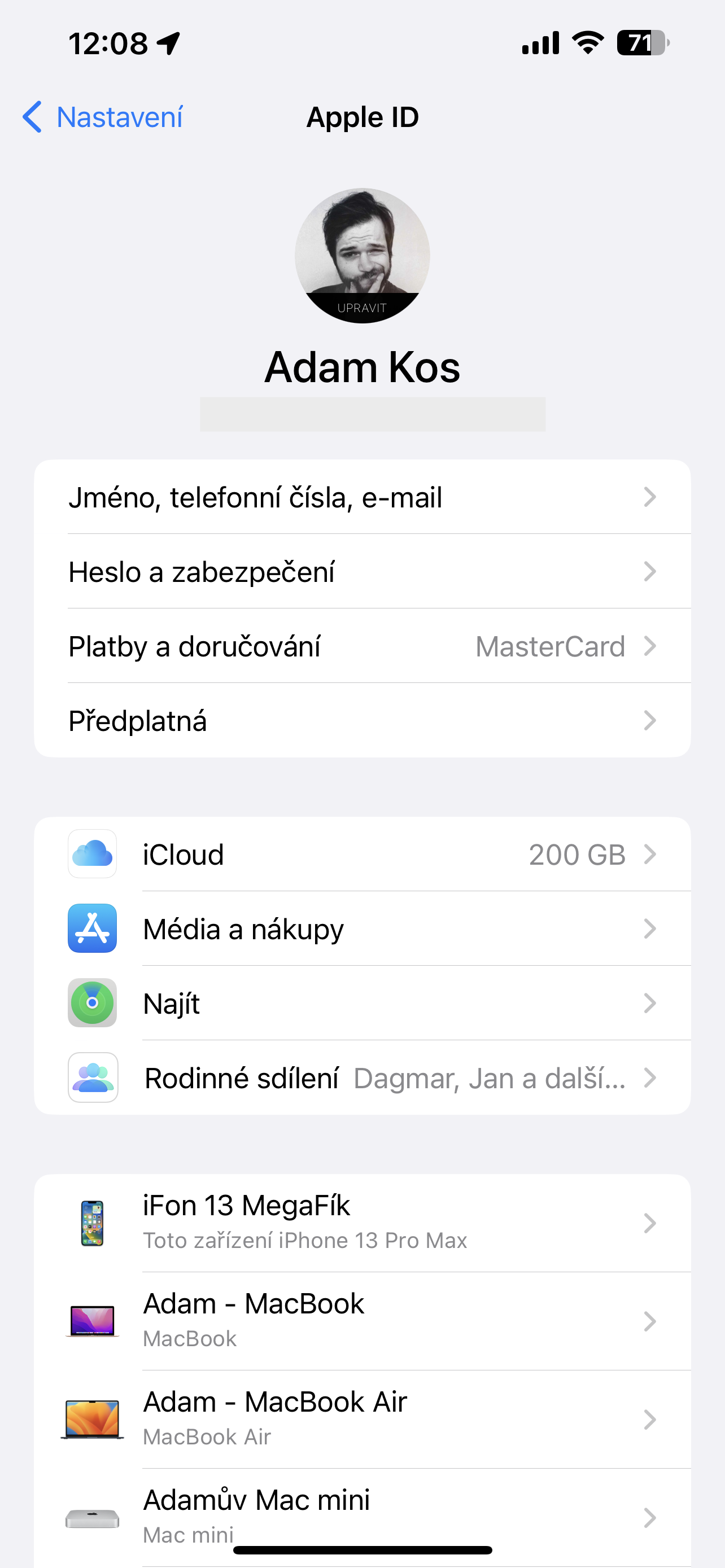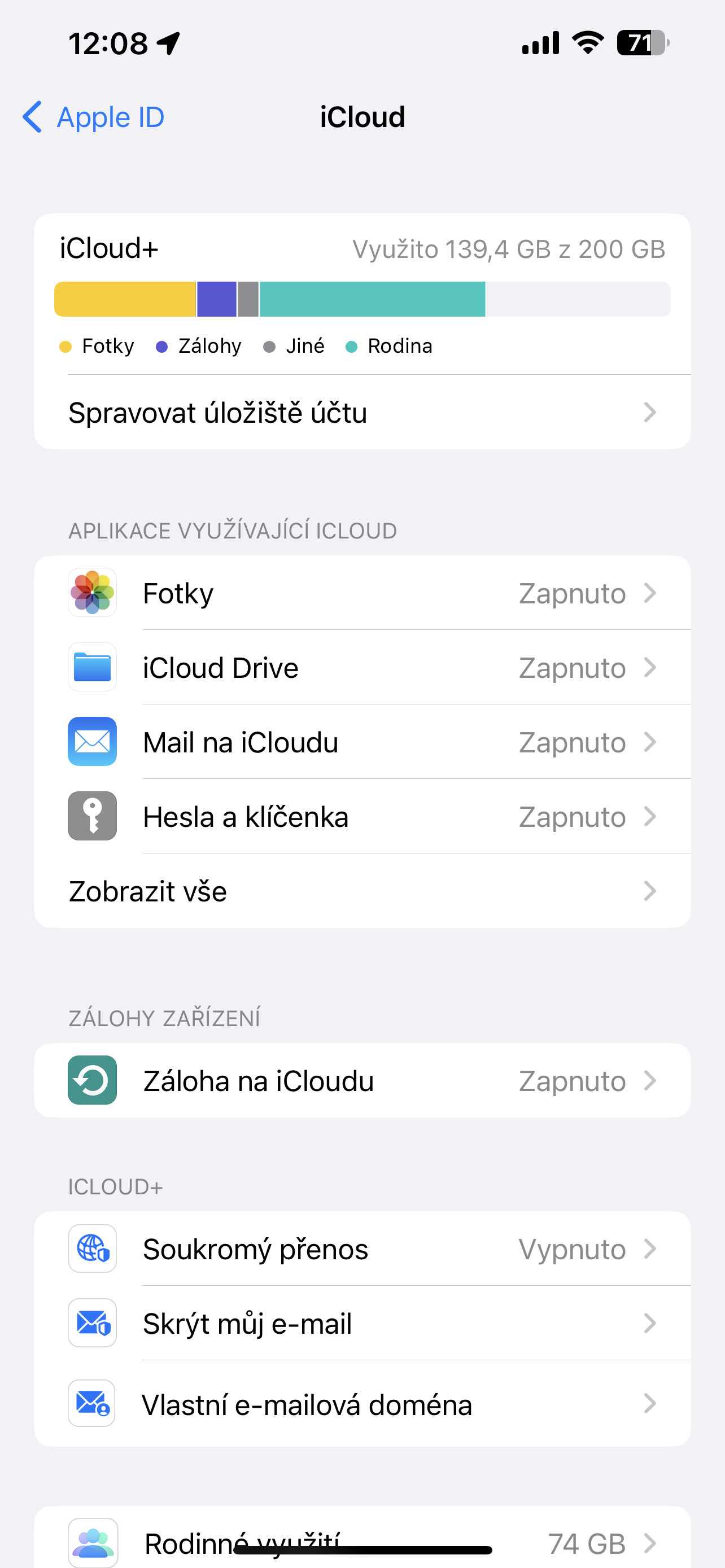Google is a term in search. Thanks to its popularity, it enjoys dominant market share percentages of all search engines. Thanks to this, Google has also become the default search engine on most devices, including Apple's. But that might end soon.
Recently, there has been a growing call from various lawmakers for Google to be more regulated. In connection with this, information also appears that Apple itself could come up with its own search engine. After all, it already offers its own search, it's just called Spotlight. Siri also uses it to some extent. Thanks to its integration with iOS, iPadOS, and macOS, Spotlight initially helped display local results like contacts, files, and apps, but now it also searches the web.
It could be interest you
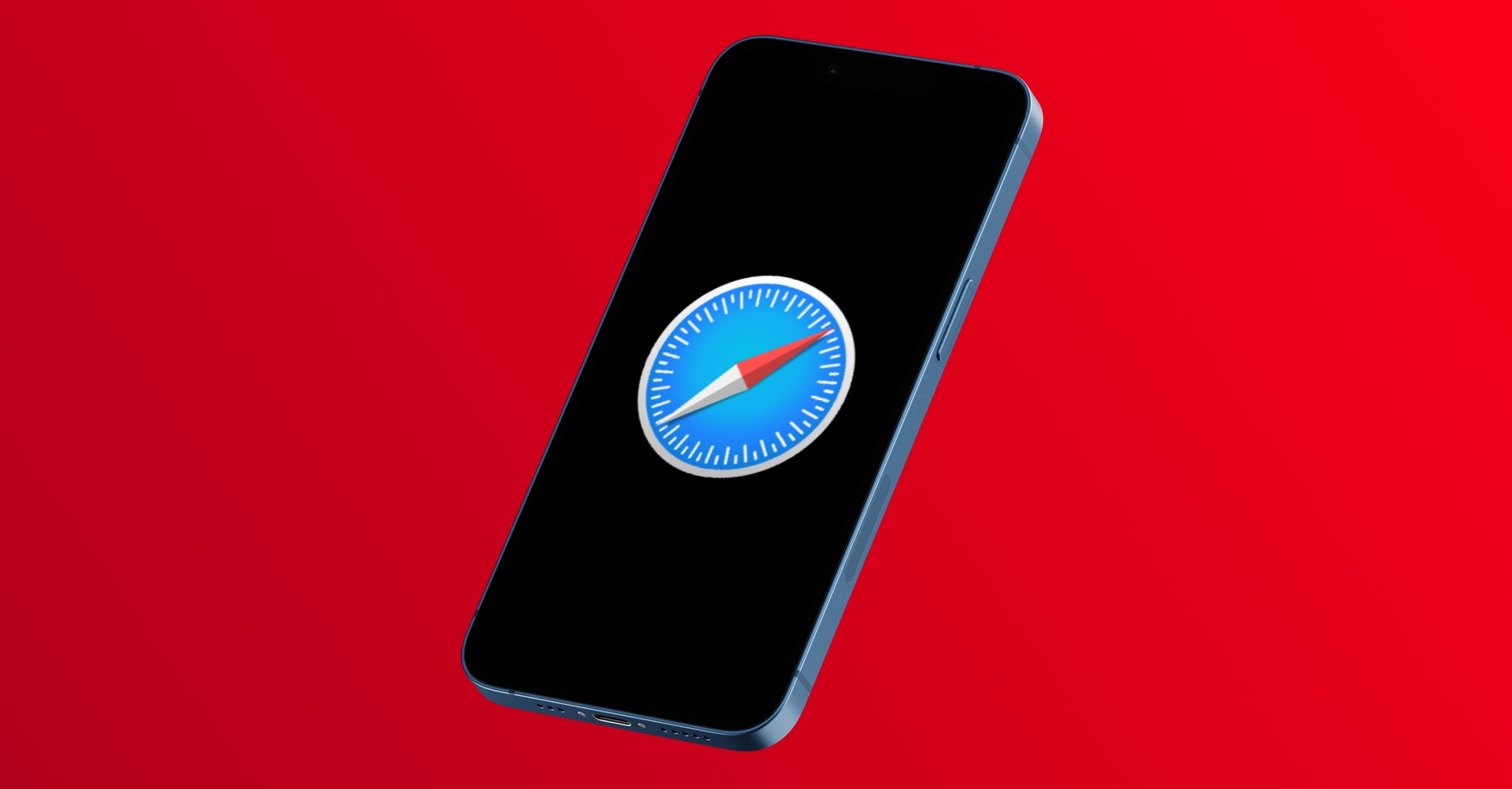
A slightly different search
It is likely that Apple's search engine will not be like current search engines. After all, the company is known for doing things differently. Apple will likely use machine learning and artificial intelligence to provide search results based on user data, including your emails, documents, music, events, etc., without compromising privacy.
Organic search results
Web search engines search the Internet for new and updated pages. They then index these URLs based on their content and sort them into categories that the user can browse, including images, videos, maps, and perhaps even product listings. For example, the Google PageRank algorithm uses more than 200 ranking factors to provide relevant results to user queries, where each page of results is based on, among other things, the user's location, history and contacts. Spotlight provides more than just web results – it also offers local and cloud results. It wouldn't have to be just a web browser, but a comprehensive search system across device, web, cloud and everything else.
It could be interest you
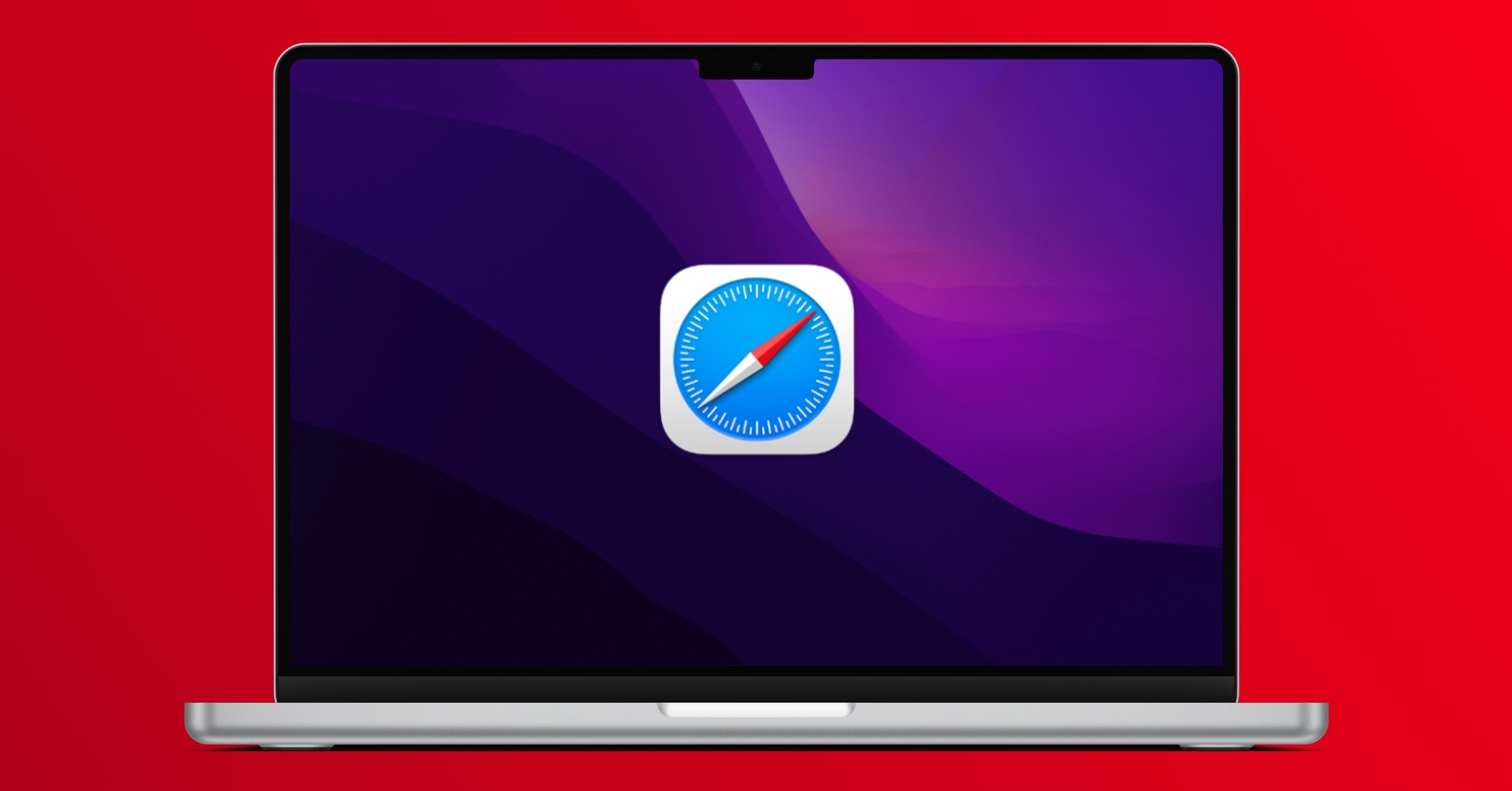
Advertising
Ads are a key part of Google's and other search engines' revenue. Advertisers have paid in them to be on the top search results. If we go by Spotlight, it is ad-free. This could be good news for app developers as well, as they wouldn't have to pay Apple to appear in the top spots. But we are not so foolish as to think that Apple would not work with advertising in any way. But it wouldn't have to be as comprehensive as Google's.
Privacy
Google uses your IP address and behavior in social services, etc., to display advertisements that may reach you. The company is widely and often criticized for this. But Apple offers several privacy features in its iOS that prevent advertisers and apps from collecting information about you and your behavior. But how it would look in practice is hard to judge. Perhaps it is still better to have a relevant ad than one that is completely out of your interest.
A "better" ecosystem?
You have an iPhone in which you have Safari in which you run Apple Search. Apple's ecosystem is large, often beneficial, but also binding. By practically becoming dependent on personalized search results from Apple, it could trap you even more in its clutches, from which it would be very difficult for you to escape. It would just be a matter of habit in terms of what results you would get from an Apple search and which you would miss from Google and others.
Although there is a very controversial question about SEO, it looks like Apple can only gain with its search engine. So, logically, he will lose first, because Google pays him quite a few millions for the use of the search engine, but Apple could get them back relatively quickly. But it's one thing to introduce a new search engine, another to teach people how to use it, and a third to comply with antitrust conditions.
